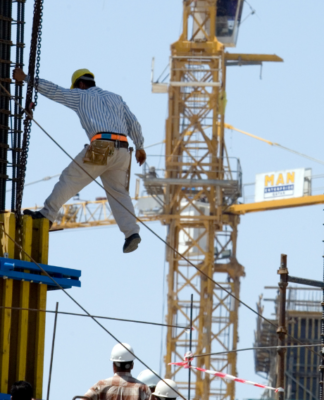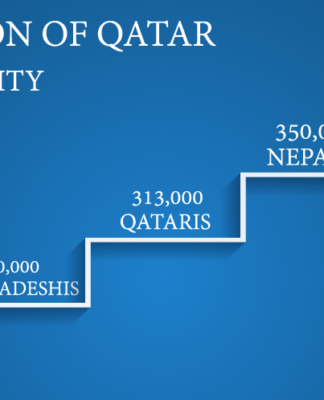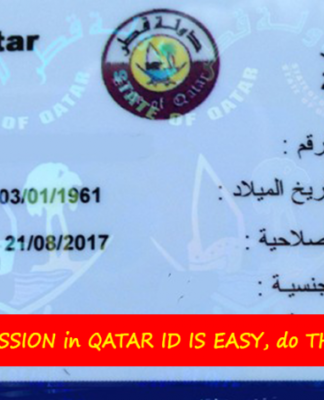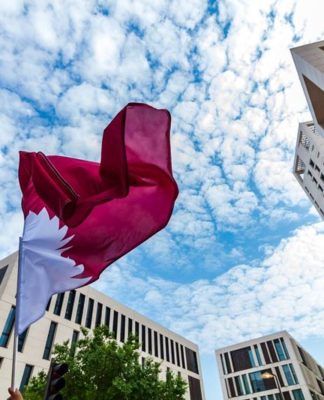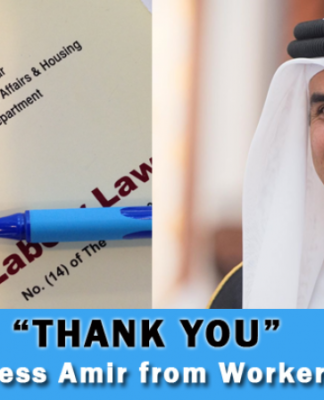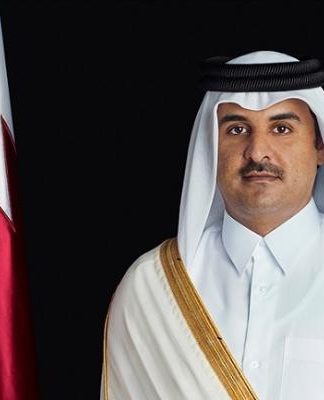Back to homepage / Middle East
PROFILE
Mohammed Deif, the elusive architect of Hamas’s attack on Israel
Mohammed Deif, the leader of Hamas’s Izz al-Din al-Qassam Brigades, organised the deadly assault on Israel over the weekend. The attack plunging Israel and Gaza into a new war brings to the forefront a little-known character who has managed to elude Israel’s intelligence services for over 30 years.
Issued on: 10/10/2023 – 18:51
4 min
Screengrab from a video posted on Hamas’s website in October 2005 in which a man identified as Mohammed Deif called for the intensification of armed conflict with Israel.
Screengrab from a video posted on Hamas’s website in October 2005 in which a man identified as Mohammed Deif called for the intensification of armed conflict with Israel. © Hamas via AP
By:
Sébastian SEIBT
Mohammed Deif has been on Israel’s ‘most wanted’ list for nearly three decades. The leader of the Izz el-Deen al-Qassam Brigades, the armed wing of Hamas, is unlikely to lose the designation anytime soon.
Deif is behind the military operation launched from the Gaza Strip that caught Israel off guard on Saturday, October 7. After intense fighting that caused Prime Minister Benjamin Netanyahu to declare war on Hamas, Deif, perhaps more than ever, is in Tel Aviv’s crosshairs.
As Deif’s bounty rises, his star in Gaza is expected to rise too. His “prestige” was already strong, says Omri Brinner, an Israel and Middle East analyst at the International Team for the Study of Security Verona (ITSS). “But with this operation – the most successful in the history of Palestinian resistance – his legacy will live forever. He can fail now, Israel can assassinate him now: his legacy will outlast him.”
‘Nine lives’
As someone who has escaped multiple assassination attempts, Deif is the “ultimate survivor of Palestinian resistance”, says Brinner. His ability to evade Israeli intelligence services has earned him the nickname “the man with nine lives”.
Considered an international terrorist by the United States since 2015, Deif has represented a direct and constant threat to the internal security of Israel for over 30 years. “Militancy against Israel is a field with low life expectancy. It’s quite remarkable that he has been able to survive so long. He is a long-lasting stain on Israel’s reputation of taking down designated targets,” says Jacob Eriksson, a specialist in the Israeli-Palestinian conflict at the University of York.
The trick to survival lies in remaining hidden. The only official photo of Deif in circulation is over twenty years old. However, he is far from unscathed. Deif is said to have lost his sight, one arm, and one leg after an Israeli attack in 2006.
The only known photo of Mohammed Deif, taken sometime around the year 2000 in an unknown location.
The only known photo of Mohammed Deif, taken sometime around the year 2000 in an unknown location. Handout file photo, AFP
His real name is also unknown, although several media outlets suggest it is Mohammed al-Masri. “Deif” is, in fact, an Arabic moniker that translates literally to “guest”. “It’s a reference to the fact he doesn’t stay more than one night in the same place to avoid being caught by Israel,” explains Eriksson.
Other details about Deif’s life are scarce. Deif was born in the Khan Yunis refugee camp in southern Gaza in the 1960s, according to an Israeli intelligence official who spoke with the Financial Times.
In 2014, the Washington Post reported that Deif studied at the Islamic University of Gaza, where he frequented members of Egypt’s Muslim Brotherhood, of which Hamas would later become an offshoot.
Attack from both above and below
The future architect of Hamas’s military operations joined the Islamist organisation in the late 1980s with the help of Yahya Ayyash – known as “the Engineer” – one of Hamas’s main explosives experts with whom “Deif was very close”, according to Eriksson.
After orchestrating suicide bombing attacks in the 1990s, Deif became increasingly important within Hamas after Ayyash’s assassination by Israeli intelligence services in 1996. He was appointed head of the Izz el-Deen al-Qassam Brigades in 2002.
One of his early achievements as a leader was to apply lessons from the second intifada in the early 2000s. He masterminded the construction of underground tunnels allowing Hamas fighters to launch incursions into Israeli territory from Gaza. He also emphasised the use of rockets as extensively as possible.
“In response to Israel’s fortifying the border with walls, he developed Hamas’s ‘below and above strategy’, meaning digging tunnels for Hamas militants to go into Israel and sending rockets,” explains Brinner.
His modus operandi has “always been to directly hit Israeli territory by any means possible to make it pay the highest price for its treatment of the population in Gaza”, notes Eriksson.
Deif’s ideology is about making any purely political solution to the Israeli-Palestinian conflict impossible, says Brinner. “His philosophy is about a military solution to the conflict.” It’s no coincidence, Brinner adds, that Deif organised a major campaign of suicide bombings in the mid-1990s, shortly after the signing of the Oslo Accords.
A matter of prestige
This reputation for using purely military means also partly explains “why he enjoys unparalleled popularity among the Gaza population”, says Brinner. In 2014, in a poll conducted by a Palestinian news site, “Deif was voted more popular than Khaled Meshal, the overall leader of Hamas, and Ismail Haniyeh, the group’s top political leader in Gaza – both highly visible personalities and known to every Palestinian,” reported the Washington Post.
Daily newsletter
Receive essential international news every morning
Subscribe
“He is a military leader, so he is immune to critiques of how Hamas has handled the humanitarian and social aspects of Gaza’s administration,” says Eriksson.
“He is also the only one who lives in Gaza and has educated his children there,” adds Brinner. This is significant from the perspective of Gaza residents, who accuse Haniyeh of leading Hamas from a “luxury hotel in Qatar”.
Deif’s personality and the respect he inspires in Gaza can also partly explain how the ambitious attack succeeded despite the Israeli intelligence services’ widely recognised effectiveness. “The fact that Hamas planned this operation for a year – according to the latest estimations – without any information leaking speaks to the loyalty the select few who were involved in the planning of the operation have to Deif,” says Brinner.
This loyalty has already resulted in the deaths of more than 1000 Israelis and 830 Palestinians since the start of the attack on Saturday.
This article has been translated from the original in French.














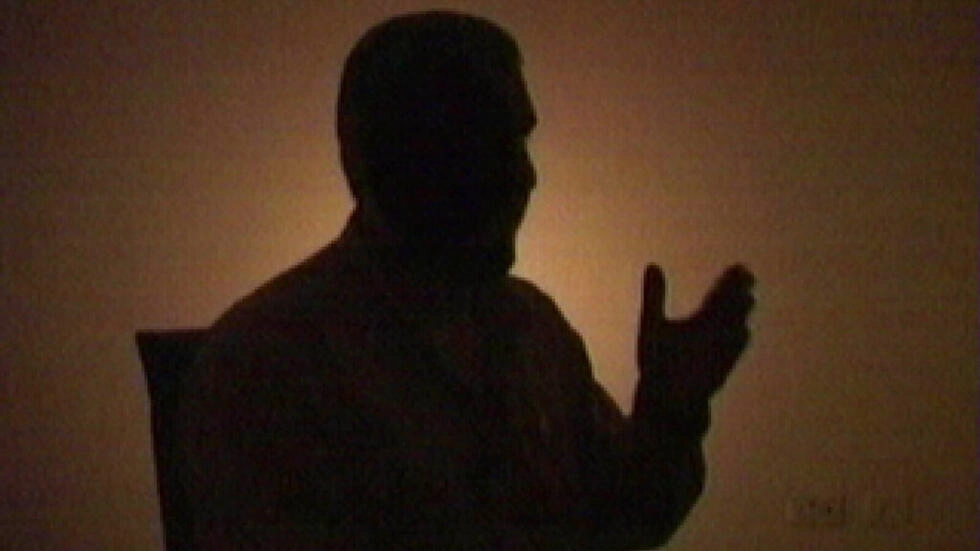





![How to get a Qatar Family Residence Visa? [ Updated ]2022](https://welcomeqatar.com/wp-content/uploads/2022/04/maxresdefault-2-324x400.jpg)

